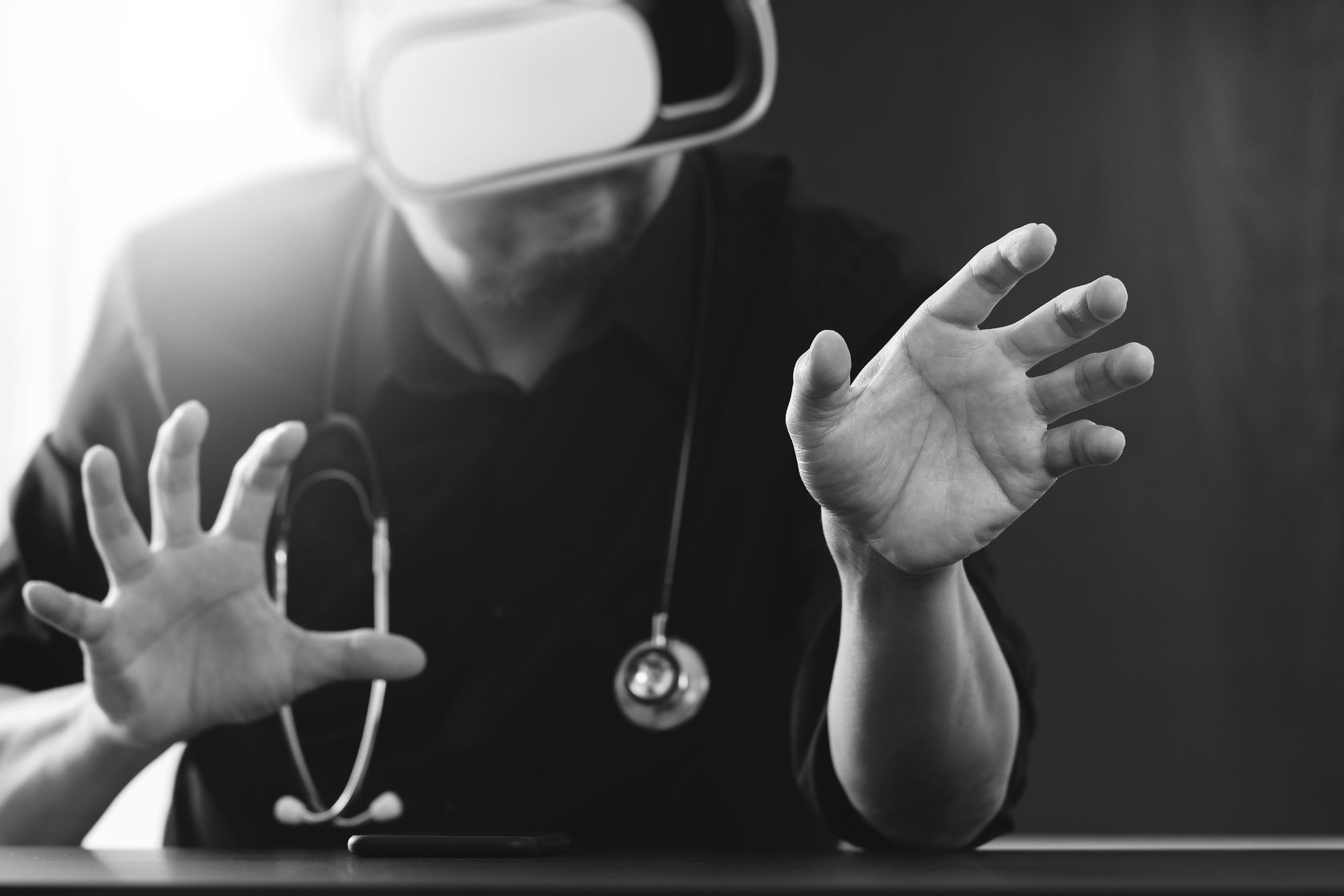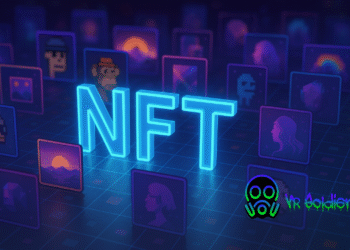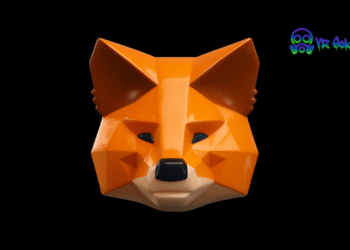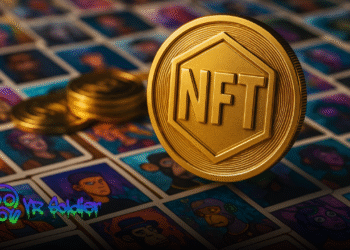It has not been a good year for the VR industry. Despite some interesting developments, a lot of companies are turning their back on this technology altogether. In the case of virtual reality therapy, however, more and more breakthroughs are being realized. A new treatment may help people reduce the number of nightmares they endure by quite a margin.
Sleep Terrors and VR Therapy
Although most people do not suffer from an abundance of nightmares, that is not the case for thousands of individuals around the world. While it remains a bit unclear what triggers those nightmares exactly, a solution needs to be found sooner rather than later. Boston University School of Medicine may have come up with a viable solution. Its use of a dedicated VR therapy has yielded some promising initial results.
According to Dreaming, the current treatments for nightmares are either too time-consuming or require the use of drugs to knock the individual nearly unconscious. While those methods work, a short-term and non-drug solution is more preferable for all parties involved. Through its new Oculus Rift app, participants face nightmare-like imagery to make them seem less threatening.
Study author Patrick McNamara adds:
“There is a possibility (not yet proven) that nightmares and anxiety associated with nightmares can be effectively reduced via VR-enabled training to control scary images. Our study was not a double-blind placebo-controlled study, so all we have really shown is that the treatment appears to be effective and should therefore be further tested. If it works under those conditions as well, then it should be made available to nightmare sufferers everywhere.”
This treatment has a lot of potential. It can be customized and adjusted depending on the needs of individual patients. Additionally, the therapy seems to yield far better success rates, at least in the early stages. For the researchers, the current goal is to build a VR therapy for kids with chronic nightmares. That will be a difficult hurdle to overcome, but it can also help validate VR therapy as a whole.
If you liked this article make sure to follow us on twitter @thevrsoldier and subscribe to our newsletter to stay up to date with the latest VR trends and news.












